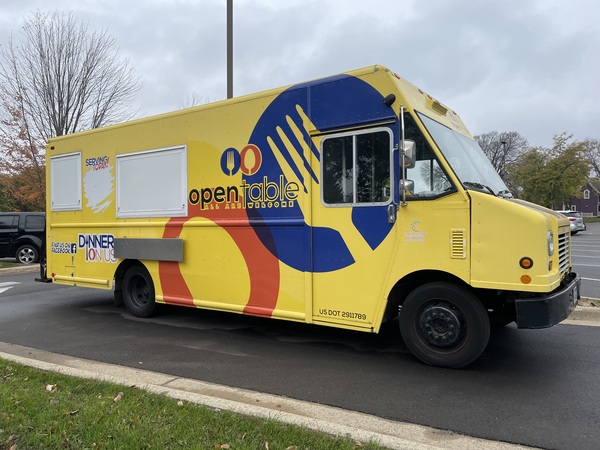Fruit flies are annoying, period! You might have forgotten that cup with coffee in the office over the weekend, or you went away on vacation and hoped that your bananas would be ripe when you come back, or even forgot to take out the trash. The truth of the matter is it is displeasing to find these pesky creatures habiting your space. Although annoying, they are genetically similar to humans and have been used in groundbreaking research that has won Nobel Prizes.
In my internship at The Mayo Graduate School of Biomedical Sciences, I have had the opportunity to work with fruit flies to answer questions about cancer treatment. I had the honor of being placed in Dr. Anthony Windebank’s Regenerative Neurology Lab under the supervision of Christopher Groen, Ph.D., and my experience has been nothing short of amazing. I have learned a lot.
In recent years, considerable progress has been made in cancer treatment, and survival rates are increasing. However, just like fruit flies continue to be a problem in our homes, nerve damage from chemotherapy remains unsolved. About 30% of chemotherapy patients suffer from nerve damage.
That is where our lab comes in. We focus on nerve damage/chemotherapy-induced peripheral neuropathy (CIPN), a side effect of cancer treatment. By identifying individual genes that affect sensitivity to chemotherapy, we investigate why some people get nerve damage while others don’t. And guess what? We are using fruit flies as the model organism to determine which genes are sensitive to chemotherapy.
Knowing which genes are susceptible to nerve damage would help develop protective measures for cancer patients before they begin cancer treatment. The measures include predicting the patient’s susceptibility based on genetics to alter the dosage or change the cancer drug combination. It also includes identifying target genes for drug development.
I have been able to apply skills from research with Dr. Fretham and Dr. Baack in the lab, and I feel that these experiences have thoroughly prepared me for my internship. The Genetics class has also been essential in providing a foundation for the work I am currently doing. While there are new techniques I am learning, these experiences have helped me adapt to my new environment quicker and learn new skills faster. I am surprised at how most of the skills I have acquired apply to almost everything. I have learned and continue to learn every day.
On Thursdays, outside of my internship, I volunteer at Open Table, a mobile food truck by Zumbro Lutheran Church in Rochester. This mobile food truck serves about 250 burritos weekly to Latinos, Somalis, and a community of individuals suffering from chronic homelessness. It is a great initiative that gives food insecure people an opportunity to have a hot and healthy meal at least once a week. Taking the Paideia 450 class on Rochester Immigration Ethics, I thought, what better way to integrate myself into the Rochester community and what I am learning than volunteering. Volunteering has been an eye-opening experience. I got exposed to a side of Rochester that most people do not imagine Rochester to be. Through volunteering, I learned that Rochester is more than just Mayo Clinic.





